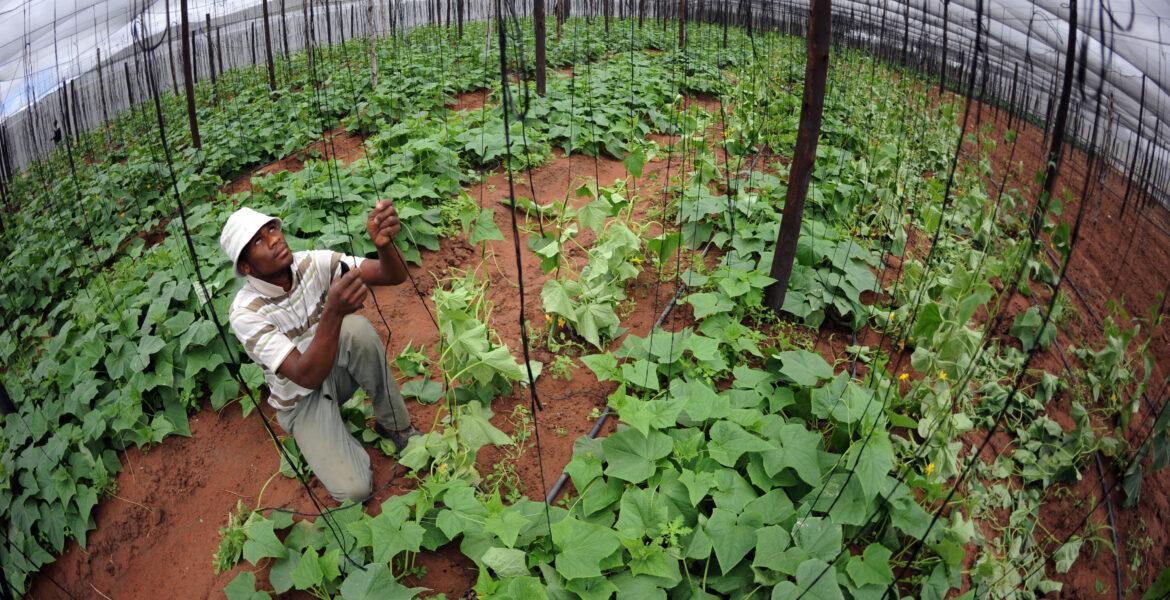Africa-Press – Botswana. Adhering to to good agricultural practices can bring maximum yields and stable supply of high quality food.
Speaking at a consultation workshop with Pandamatenga farmers on Tuesday, Food and Agriculture Organisation of the United Nations (FAO) assistant country representative, Ms Lesego Modo- Mmopelwa said there was need to empower both small scale and commercial farmers in an effort to facilitate them to adopt the best farming practices.
She indicated that the meeting in Pandamatenga was part of government’s consultations for the development of Quality Management Systems (QMS) and Good Agricultural Practices (GAPs) for priority value chains for cereal and pulses, and small stock.
Ms Modo-Mmopelwa said the GAPs served as a set of guidelines that ensured efficient and sustainable agricultural methods incorporating techniques that promoted soil health, water conservation, crop management and livestock husbandry.
“The development of GAPs aims to strengthen our nation’s food security by optimizing agricultural production and reducing post-harvest losses.”
She noted that Pandamatenga farmers were valuable in the drafting of the code of practice due to the fact that they were the largest producers of cereals in Botswana.
The FAO representative said they engaged Botswana Bureau of Standards (BOBS) to develop the GAPs standards of which farming associations were required to field representatives to guide and give insights on the experiences and observations.
In her presentation, BOBS scientific standards manager, Ms Malebo Seoke-Hall stated that consultations with farmers, consumers, producers was important in the development of a code of practices.
She said BOBS collaboration with FAO was paramount in that it underscored government’s commitment for Batswana to consume right products of good quality.
She pointed out that at the culmination of the countrywide consultations, the GAPs for cereals and pulses would be published for public comments and eventually gazetted.
Ms Seoke-Hall stated that the GAPs covered an array of issues in the value chain from soil quality, water quality for irrigation, environment and waste management, workers safety of which all those elements would lead to a quality product.
Pandamatenga Commercial Farmers Association CEO Ms Lilian Scheepers stated that there was a need for relevant departments to raise awareness and teach both subsistence and commercial farmers the best farming practices.
For More News And Analysis About Botswana Follow Africa-Press






